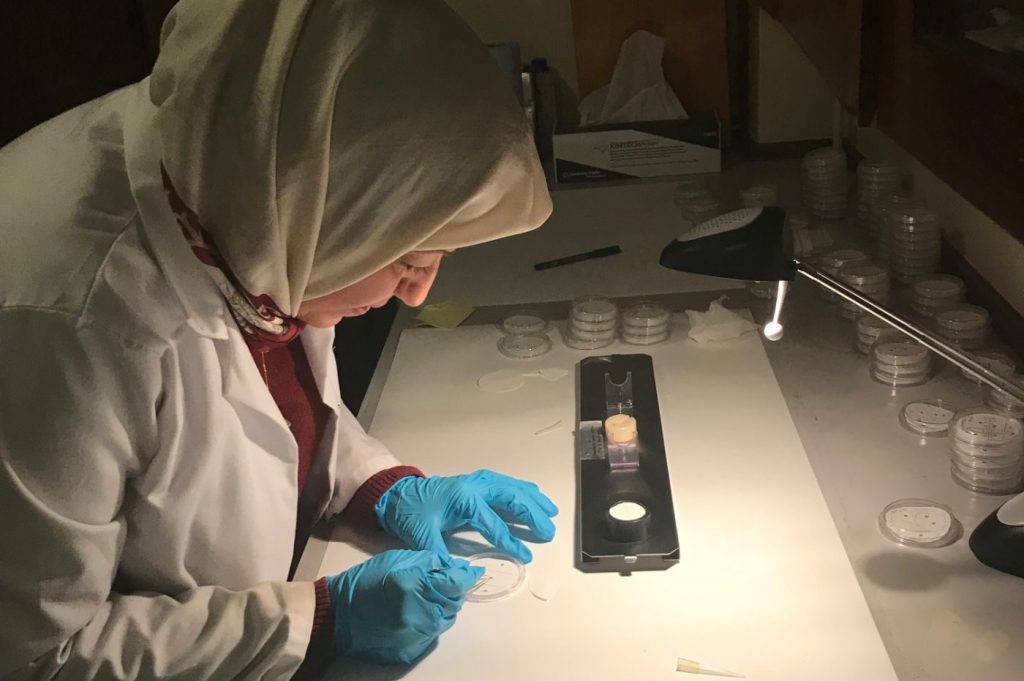Taking dietary supplements can begin early after receiving a diagnosis of cancer. Cancer survivors tend to take supplements (nutritional or dietary) because they have low levels of particular nutrients.
For example, hormone therapy (often used for breast and prostate cancer) can weaken bones. Cancer treatments may affect taste, smell, appetite, and the ability to eat enough food or absorb the nutrients from food. This can cause malnutrition. 10-30% of cancer patients do not properly digest and absorb vitamins from food during the course of treatment. Consequently they may experience malnutrition, causing the patient to be weak, tired, and unable to fight infection.
Previous studies have reported that the main reasons for dietary supplement use were to strengthen the immune system and prevent further disease. A systematic review reported a tendency for a higher prevalence of vitamin and mineral supplement used among cancer survivors (64–81%) than general adults (52%). Furthermore, according to this review, the importance of dietary supplement use was relatively higher in breast cancer survivors than other cancer varieties. Many cancer sufferers use dietary supplements to help fight their cancer or make them feel better, using food supplements along with their conventional cancer treatments, such as radiotherapy or chemotherapy.
On the other hand, others choose to use them instead of conventional treatments. Regrettably, data is still lacking with regards to the optimal time for starting nutritional support. However, malnutrition is associated with poor prognosis. Thus, it would be preferable to start nutritional therapy when cancer sufferers are not yet severely malnourished. Moreover, our goal is to improve the nutritional intake, the overall improvement of dietary choices, favouring protection food with specific nutrients and utilization of multivitamin and mineral supplements to fill the nutrient gap in the market. When the dietary intake is not sufficient to cover nutrients needed, vitamin supplements are considered. Additional nutritional support should be suggested to patients who are expected to develop anorexia and gastrointestinal problems as a result of radio and chemotherapy. Consequently, health regeneration, food and eating have essential roles in psychological stabilization and social integration which have a positive effect on the quality of life.

